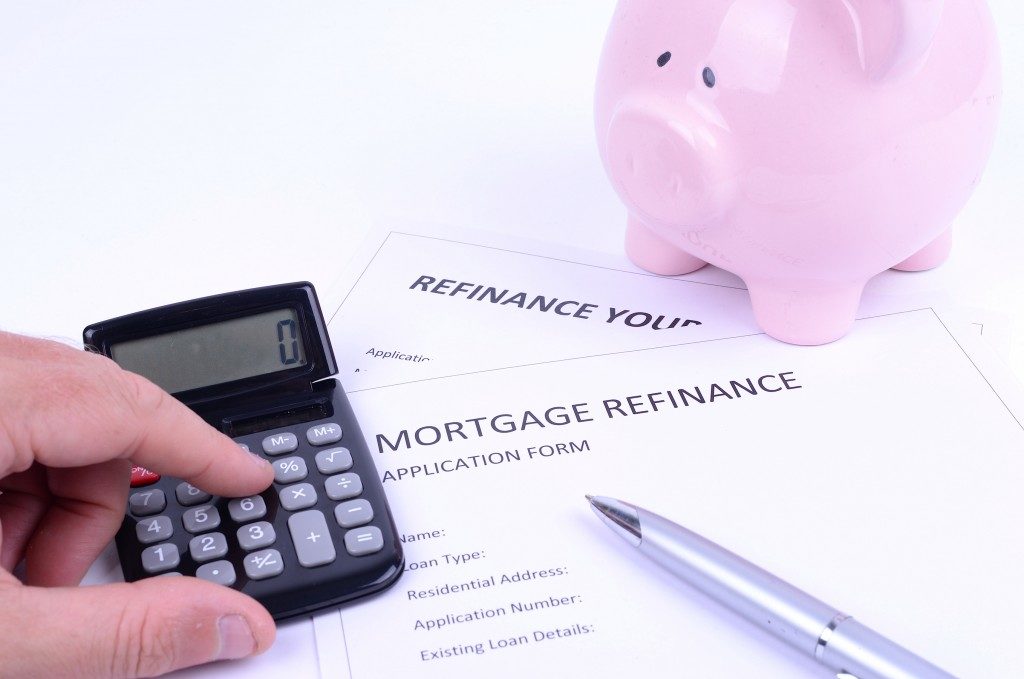Should you refinance a home in Utah while rates remain low? The answer is debatable based on your purpose for taking out a new loan.
Most people apply for mortgage refinancing to take advantage of lower interest rates and monthly debt repayments. However, keep in mind that closing costs might only offset the money you save from paying lower interest rates. If you intend to refinance for the first time, be wary of lenders that offer mortgage refinancing at zero cost. The might be referring to a higher interest rate that will be spread out over the term of your new loan, in exchange for not paying closing fees or transactional expenses.
How Much It Costs to Refinance a Mortgage
The national average of closing fees for a mortgage refinance costs around $4,350. You’ll be spending $235 on average right away for a mortgage application fee when you refinance, while property appraisal fees cost $480 on average. You can also pay inspection and survey fees worth $255 and $275 on average, respectively.
Attorney and closing fees, local recording and reconveyance expenses will account for almost $950 of the median closing costs. A title search and title insurance might be necessary for around $730, while lenders can charge a loan origination fee that’s equal to 1% of the principal amount. Property taxes, mortgage, and homeowner’s insurance might not be required, although you should still confirm this your mortgage lender to avoid any hidden charges.
Consider Debt Consolidation
If only need to borrow money for a home renovation, then a home equity line of credit (HELOC) can be a better alternative than a home equity loan or even using credit cards. HELOC works by having a revolving credit line, which is usually over ten years, with a lower interest rate that could be 50% lower than credit card interest rates.
You should choose a HELOC when you have equity built up in your property and an outstanding credit card balance. A study noted that you could save over $6,00 when you consolidate debts with a higher interest.
Are You Qualified?
None of these tips matter if you’re not qualified for a HELOC or mortgage refinancing, which usually happens to homeowners with a poor credit rating. Those who have a relatively good score should still aim for a higher one, as they can save more money from paying lower interest rates.
For instance, a borrower with a 680 credit score can pay a 4.5% interest on a 30-year loan worth $250,000. Their interest payments will cost around $206,000 over the fixed term. Another person who borrows the same amount might only pay almost $180,000 on interest payments, due to a 4% interest if they have a score of 720.
Overall, it’s an excellent time to refinance when rates are low, but do your research before jumping on an offer no matter how tempting it might seem to you. Find a mortgage company that offers different loan types to compare several options more easily.
